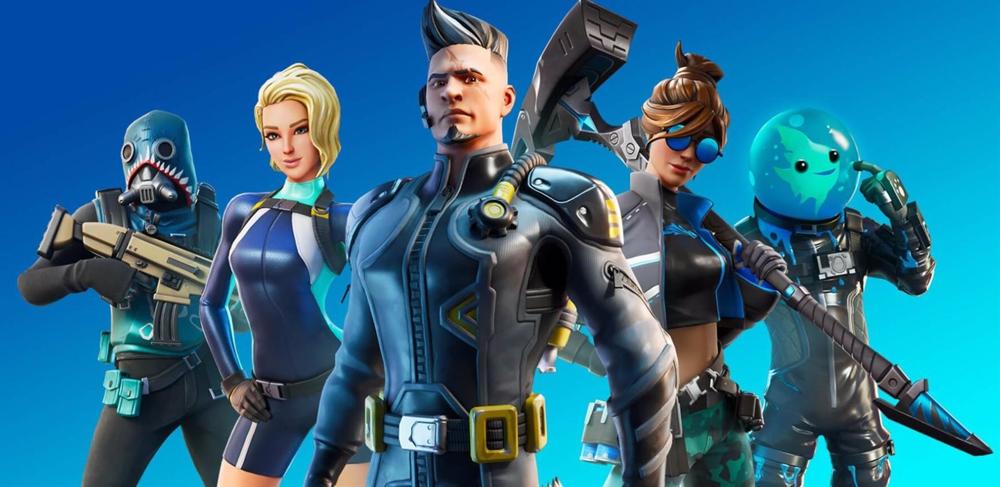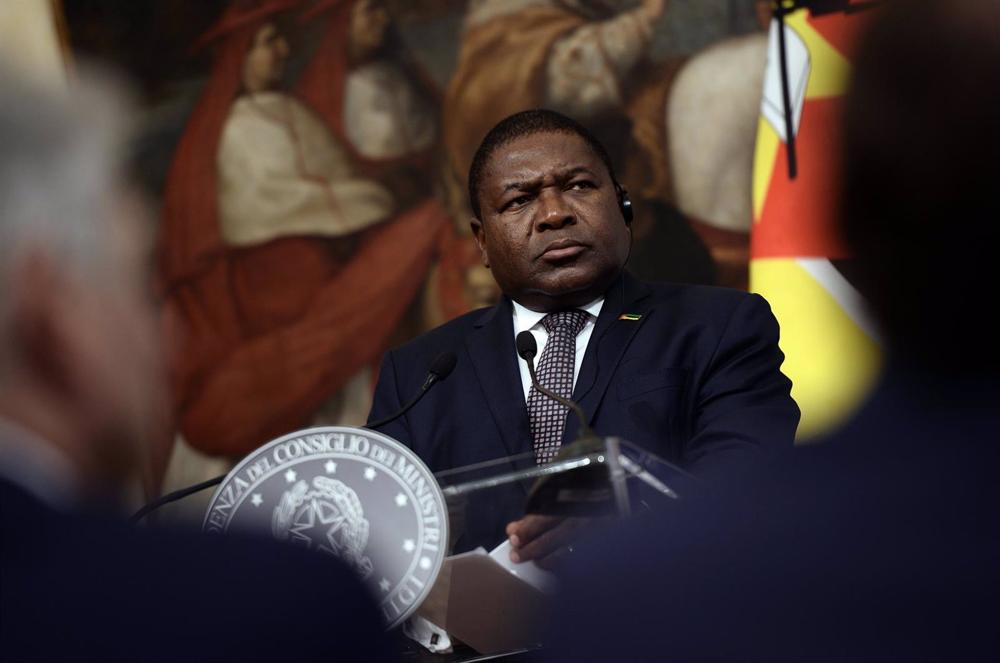
Epic Games, video game developer and creator of Fortnite, has reached a settlement in the United States to pay 520 million (€491 million) for breaching legislation protecting the privacy of minors and for introducing deceptive mechanisms to incentivize in-game purchases in its games.
As reported by the US Department of Justice, Epic has been fined 275 million dollars (260 million euros) for violating the Children’s Online Privacy Protection Act (Coppa).
Specifically, the country’s Justice has determined that Epic Games marketed Fortnite to children and knowingly collected information from minors, including names, email addresses and identifiers to learn about their progress, purchases, settings, friends lists, etc. Despite this, Epic Games did not ask for parental consent, which is required by law for such tracking. It also maintained the default privacy settings for communications.
«Parents have the right to know and consent before companies collect personal information from their children. The Department is committed to enforcing protections against the unauthorized collection of information from consumers, especially minors,» said Senior Deputy Assistant Attorney General Brian Boynton.
As part of this case, Epic will not be able to use minors’ information it illegally collected, will have to delete certain data, and must ensure that minors’ voice and text communications are disabled by default.
In a parallel case, the Federal Trade Commission (FTC), has forced Epic Games to refund $245 million (€232 million) to consumers. This is because that money was illicitly obtained by Epic creating a series of cheating practices and designs specifically designed to generate purchases, something known as ‘dark patterns’.
Specifically, the «counter-intuitive, inconsistent and confusing» layout of the button configuration led to a number of players incurring unwanted purchases through the press of a single button. Thus, players could make purchases by attempting to make the game leave idle mode, during the loading screen, or by attempting to preview an object.
Some of these purchases were also made by children without parental supervision. Thus, minors were able to get their hands on the game’s virtual currency by pressing a single button, without any action by parents or bank card owners. Some minors accumulated hundreds of dollars in purchases before Epic charged the cards.
Source: (EUROPA PRESS)






